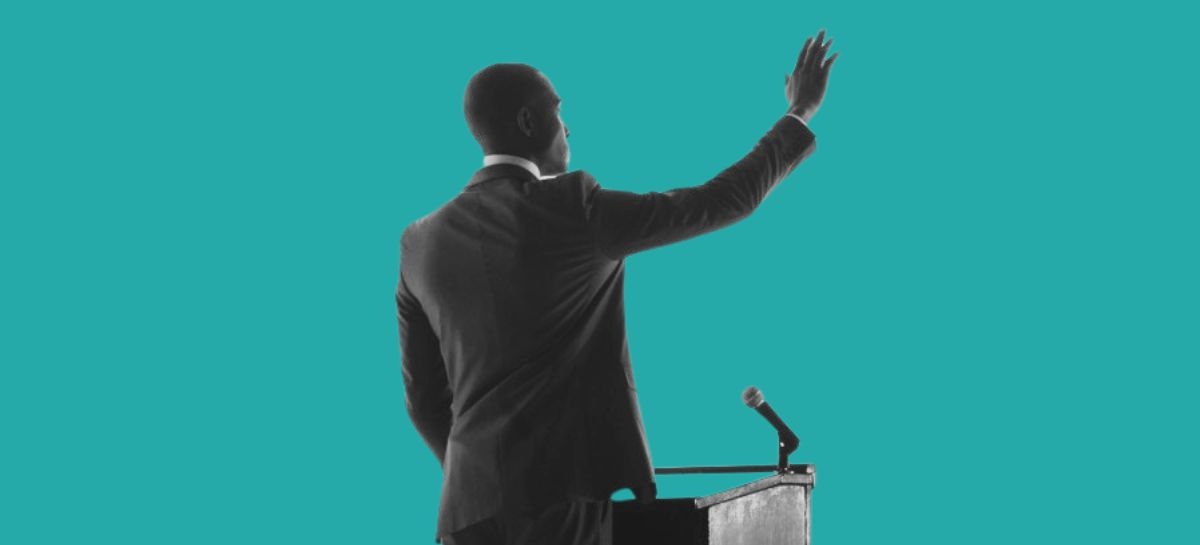
By Jacob Mchangama
[ . . . ]The Trump administration has moved with startling speed from trumpeting free speech to seeking to criminalize it. At first glance, that might seem to vindicate the arguments in the historian Fara Dabhoiwala’s new book, What Is Free Speech? The History of a Dangerous Idea. Dabhoiwala believes that the modern obsession with free speech—particularly the American belief that almost any restriction on it threatens democracy—has blinded its defenders to how often that right is invoked cynically in pursuit of antidemocratic ends. In his view, the right to free speech has most often been wielded as “a weaponized mantra” by people motivated by “greed, technological change and political expediency” rather than as a principle invoked sincerely to restrain tyranny.
[ . . . ]Ultimately, Dabhoiwala’s account—both grievance-driven in its reading of the First Amendment and uncritical in its praise of European restrictions—is profoundly distorted. Its selective telling of history obscures a basic truth: across centuries, free speech has been a genuine engine of emancipation, not merely a contingent privilege. Especially now, as supposed champions of free speech seek to suppress it in the United States, it is crucial to reinforce the principle’s real meaning rather than let those who wield it cynically strip the public’s faith in its potential. Free speech has repeatedly offered the powerless a peaceful way to challenge the powerful—a legacy illuminated by key episodes in U.S. history that Dabhoiwala mostly ignores.
Read MoreJacob Mchangama is the Founder and Executive Director of The Future of Free Speech. He is also a research professor at Vanderbilt University and a Senior Fellow at The Foundation for Individual Rights and Expression (FIRE).

